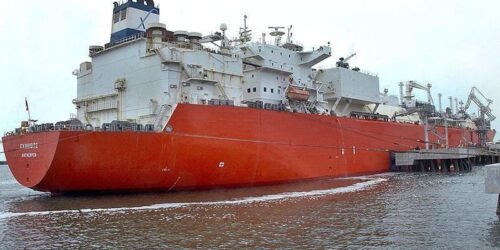BP Azerbaijan is the operator of the sections of the Baku-Tblisi-Ceyhan (BTC) pipeline in Azerbaijan and Georgia. BP-operated assets in Azerbaijan include the Azeri-Chirag-Gunashli (ACG) oilfield, the massive Shah Deniz gas field, the Baku-Tbilisi-Ceyhan (BTC) pipeline, and South Caucasus Pipeline (SCP).
Ceyhan is the key export outlet for Azerbaijan’s oil and ships out around 650,000 barrels per day (bpd) of Azeri crude.
The Ceyhan oil terminal in southern Turkey temporarily suspended operations on Monday after the earthquake in Turkey and Syria. The oil terminal is around 155 kilometers, or 96 miles, from the epicenter of the earthquake, the death toll from which topped 11,000 people as of early on Wednesday.
As a whole, the ports in southern Turkey are affected by the earthquake, and there are delays in operations.
While operations at the Ceyhan oil terminal were halted as a result of the quake, Turkey’s oil pipelines—Kirkuk-Ceyhan and Baku-Tbilisi-Ceyhan—were undamaged. The Baku–Tbilisi–Ceyhan (BTC) pipeline is a 1,768 kilometers (1,100 miles) long crude oil pipeline from the Azeri-Chirag-Deepwater Gunashli (ACG) oil field in the Caspian Sea in Azerbaijan to the Mediterranean Sea.
Oil flows from Iraq to Ceyhan resumed on Tuesday, industry sources told Reuters. The terminal for the Azeri crude flows, however, was still non-operational as of Wednesday. The BTC terminal was expected to return to operations on Wednesday or Thursday, trading sources told Reuters earlier this week.






